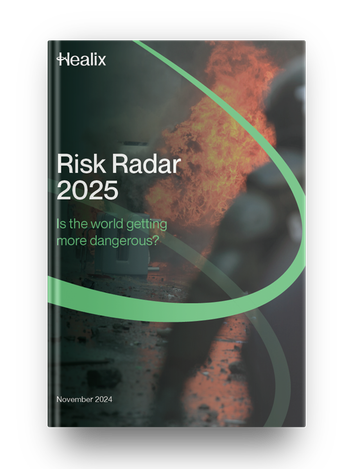Top risk: Pandemic and disease

As we approach 2025, risk managers have identified pandemic and disease as the second most pressing concern for businesses.
The COVID-19 pandemic, which resulted in over seven million confirmed fatalities by October 2024, marked the fifth deadliest pandemic in history and highlighted the potential for widespread disruption. It triggered severe global challenges, including the largest recession since the Great Depression, significant supply chain breakdowns, and heightened mental health issues. These experiences have raised critical questions about our preparedness for future pandemics.
This focus on pandemic and disease stems from the impact that outbreaks can have on operational continuity, financial stability, and employee health. Recent outbreaks of mpox and the Marburg virus have served as stark reminders of the ongoing risks posed by infectious diseases, prompting organisations to reassess their risk management strategies.
Pandemics highlight the critical need for businesses to reassess risk management strategies, focusing on operational continuity and employee health in a volatile world.
While concerns over pandemic-level risks like COVID-19 are valid, it is essential to contextualise this within the broader landscape of infectious diseases. Many diseases, particularly tropical or vector-borne illnesses, may not be as alarming as they seem, especially with the right preventive measures in place. The heightened fear surrounding these diseases often stems from a lack of understanding, making traveller training imperative.
Instead, the concern should perhaps focus on where people are getting sick, rather than what illness they’re dealing with. In regions with limited or inaccessible medical facilities, any illness, even minor, can become more problematic due to delays in treatment and restricted access to essential resources. If an employee falls ill in a remote or underdeveloped location, without a medical response plan in place, this increases the risk of complications, impacts recovery time, and raises evacuation or emergency response costs. This is especially true in the case of travellers with certain pre-existing conditions.
Ultimately, while the risks posed by infectious diseases are significant, they can usually be managed effectively with the right strategies in place. As organisations prepare for the future, addressing both pandemic-level threats and the reality of more common infectious diseases will be crucial for maintaining operational resilience and safeguarding employee health.
